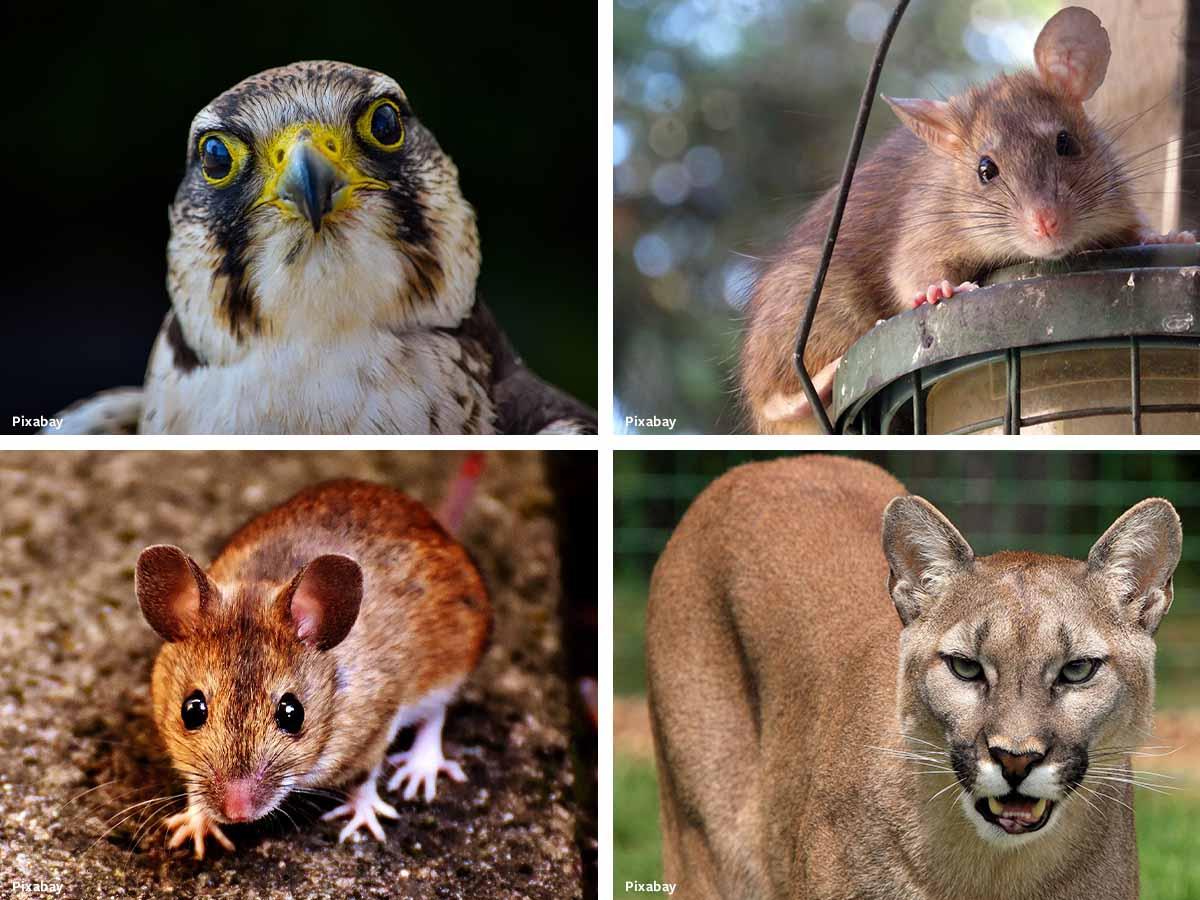Tell the EPA: Don't Poison Rats and the Environment
This alert is no longer active, but here for reference. Animals still need your help.
Rodenticides are poisons that humans cruelly use to kill other smaller mammals like rats and mice, who are considered nuisances by them. But these poisons do way more harm than only causing their intended victims to die slowly and painfully. The EPA must not re-register these rodenticides for use and it should instead offer non-lethal management strategies.
Rodenticides cause an incredible amount of agony to the animals who ingest them directly, whether they're the intended victims or not. They also negatively impact the environment and are harmful to the predatory wild animals higher up in the food chain, like snakes, cougars, and raptors. The poisons can be deadly to humans and animal companions too.
The EPA is currently reviewing 11 different rodenticides to determine whether they cause unreasonable risk of harm to humans and the environment when used as instructed. Of these rodenticides, 7 are anticoagulants, meaning that the poisons prevent blood from clotting naturally, causing the small animals who consume the poison to bleed out slowly from multiple orifices.
Rodenticides negatively affect the environment by permeating the food chain and spreading to non-target animals including endangered and threatened species. Studies have shown that predators who consume small mammals who have eaten poison also ingest that poison. Necropsies of mountain lions, birds of prey, and other animals have revealed traceable amounts of rodenticides in their systems that may be linked to the cause of death. Rodents also will store food around their nests for use during the winter time and when competition amongst their species is high. When poison bait is put out, rodents will store this poison along with their food, exposing other animals including human children to it.
Poison bait is often brightly colored and can have added flavorings as attractants, making it appealing for children, who may confuse the poison with candy. These flavored attractants can encourage animal companions to eat the poison as well, posing a serious risk to dogs, cats, and especially small mammals like rabbits, squirrels, and guinea pigs. Additionally, these poison baits are usually left in places where they will attract the most rodents, often close to the ground, where they are easily accessible to all.
The EPA is now considering the harmful effects of these horrible poisons. Tell the EPA to de-register anticoagulant rodenticides and stop their use. The EPA will not accept repeat comments, so it is crucial that you personalize your letter.

This alert is no longer active, but here for reference. Animals still need your help.






